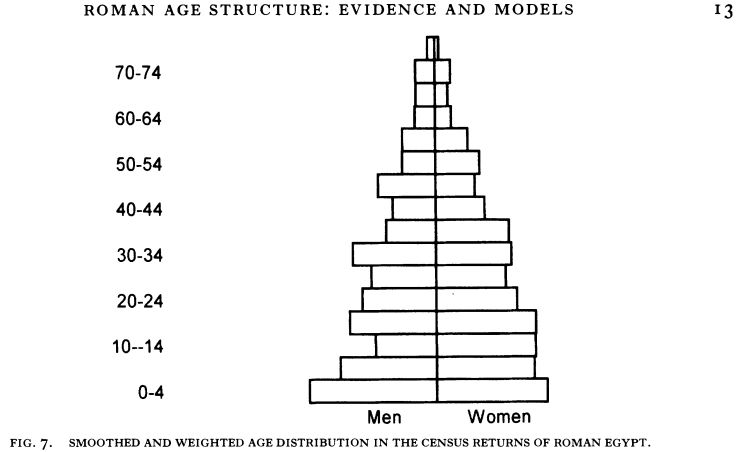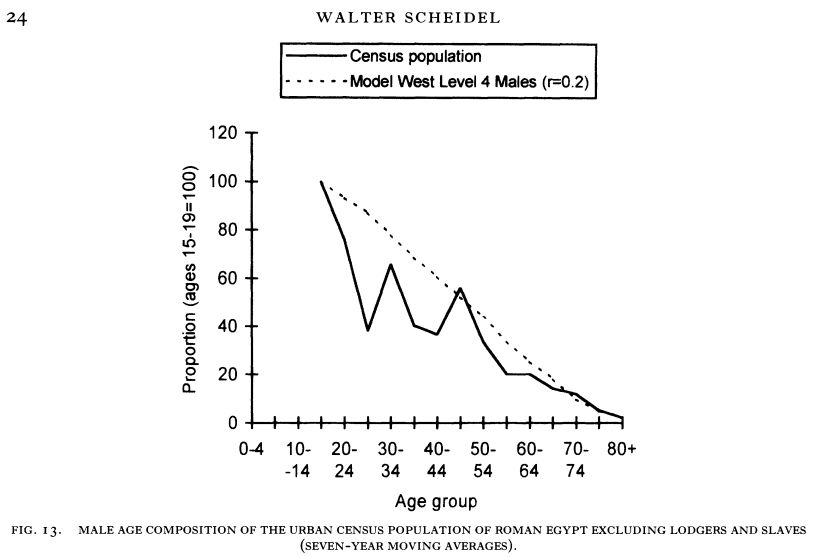Ken M. Penner
@kmpenner.bsky.social
250 followers
230 following
45 posts
Religious Studies prof StFX
Posts
Media
Videos
Starter Packs
Ken M. Penner
@kmpenner.bsky.social
· Sep 30
Ken M. Penner
@kmpenner.bsky.social
· Sep 25
Reposted by Ken M. Penner
Reposted by Ken M. Penner
Ken M. Penner
@kmpenner.bsky.social
· Jan 27
Ken M. Penner
@kmpenner.bsky.social
· Jan 6
Ken M. Penner
@kmpenner.bsky.social
· Jan 1
Ken M. Penner
@kmpenner.bsky.social
· Jan 1
Ken M. Penner
@kmpenner.bsky.social
· Dec 25
Ken M. Penner
@kmpenner.bsky.social
· Dec 21
Ken M. Penner
@kmpenner.bsky.social
· Dec 20
Ken M. Penner
@kmpenner.bsky.social
· Dec 20
Ken M. Penner
@kmpenner.bsky.social
· Dec 20
Ken M. Penner
@kmpenner.bsky.social
· Dec 20
Ken M. Penner
@kmpenner.bsky.social
· Dec 20








